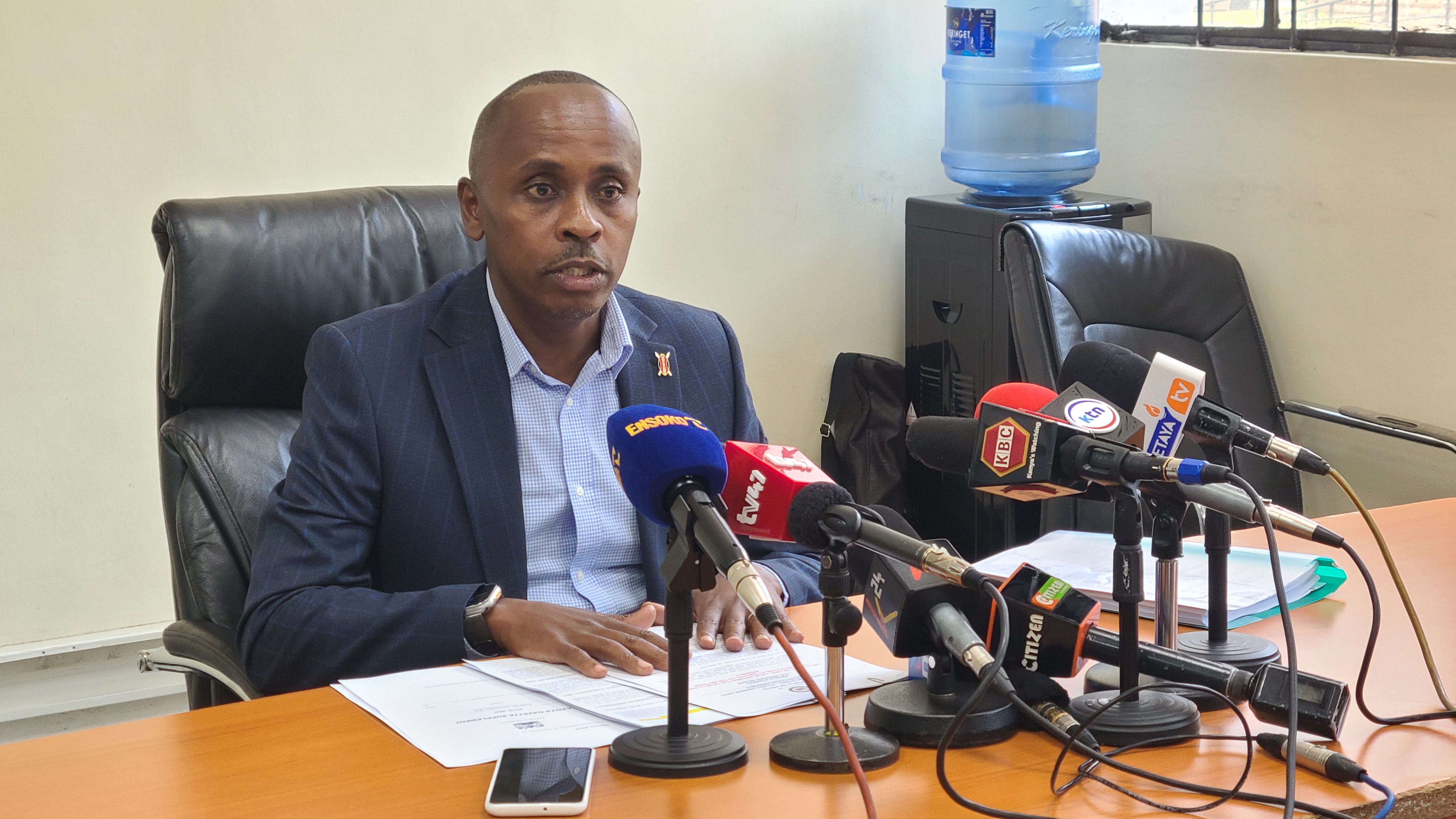
 Dagoreti
South Member of Parliament, who is also the Chairperson of the Parliamentary
Committee on Communication, Information and Innovation John Kiarie /JACKTONE LAWI
Dagoreti
South Member of Parliament, who is also the Chairperson of the Parliamentary
Committee on Communication, Information and Innovation John Kiarie /JACKTONE LAWI
The government has moved to dispel claims that it is targeting bloggers and online activists with the recently accented Computer Misuse and Cybercrime Act.
This is following widespread claims on social media that new provisions threaten digital freedoms and could be used to target critics of the state.
Dagoreti South member of parliament, who is also the Chairperson of the Parliamentary Committee on Communication, Information and Innovation John Kiarie, said that the legislation is only targeting offenders.
In the legislation, the new Section 46A gives courts explicit powers to order the removal or deactivation of online content, websites or digital devices used to promote child pornography, terrorism or cult-related activities.
“There is no clause that targets bloggers or political expression. The focus is on protecting children, combating terrorism, and addressing the misuse of technology for unlawful purposes.”
He pointed out that these powers are judicial not administrative, meaning the government cannot unilaterally take down online content without a court order.
The lawmaker dismissed claims that Parliament rushed the amendments through, noting that the bill underwent full public participation and was reviewed by the relevant committees before presidential assent.
He urged Kenyans to verify information through credible sources rather than rely on social media, where fake versions of the bill have been circulating.
“Social media is not the place to depend on for legal information. We are now seeing fabricated documents being shared as the official act — which they are not,” he warned
According to the lawmaker, the 2025 amendments, primarily strengthen the law to address new and evolving forms of cybercrime — including phishing, online child exploitation, terrorism and the misuse of artificial intelligence systems.
Among the key updates is a broader legal definition of “access,” which now includes not just individuals or devices, but also automated systems and programs capable of breaching networks — a recognition of the growing role of AI in cyberattacks.
Kiarie said the changes also expand the definition of “phishing” to capture rising cases of online identity theft targeting both individuals and corporations, and to give authorities better tools to investigate such crimes.
According to the ICT committee chairperson, Kenya is among countries facing a sharp rise in online misinformation, with 83 per cent of Kenyans expressing concern about the accuracy of what they read on social media — far higher than the global average of 58 percent.
“Some of the clauses that people claim were signed last week have been in our laws since 2018. They were challenged in court before, found to be constitutional, and have been in force since. What has changed is mainly the updating of definitions to deal with emerging digital threats,” Kiarie said.













